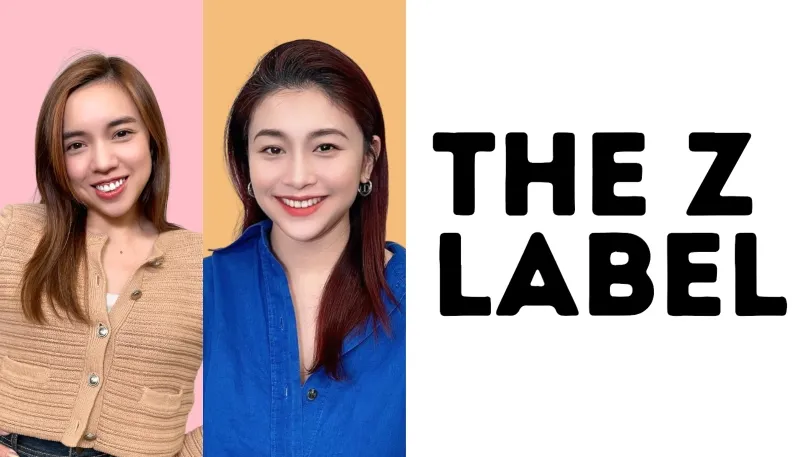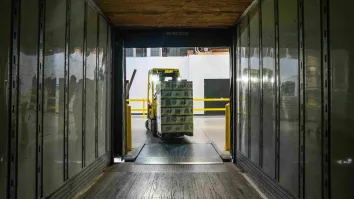
The Z Label tests AI tools for products targeting Gen Z
The goal is to develop at least three tools into successful ventures.
Hong Kong-based venture builder The Z Label is testing six to eight artificial intelligence (AI) applications that could unlock new revenue streams from products that target Gen Z consumers.
“We’re building AI tools that are made for specific communities, like fans, creators, and wellness lovers,” Rebecca Leung, co-founder of The Z Label, told Hong Kong Business. “The big goal is to turn a few of these into real products that people love and use every day.”
“Long-term, we want to grow three to five of them into successful ventures or plug them into our existing brands,” she added.
The company has two ventures under its portfolio—supplement brand Unik and lifestyle clothing label Dream Temple.
Leung said the tools and ideas they are testing under their AI Lab initiative include a mix of in-house developments and concepts co-created with external founders, tech experts, builders, analysts, marketers, and researchers.
The lab is part of the core projects they plan to pursue after raising $11.4m in funding.
Leung said they also host AI hackathons to uncover promising early-stage ideas that The Z Label could help shape and scale.
Ruby Cheng, co-founder of The Z Label, said the AI Lab would help The Z Label improve all aspects of their business model based on what she calls the three 3Cs—community, content and commerce.
Leung said the lab studies insights collected from their events such as hackathons, which bring together programmers and developers to solve a problem or build an app in a short period, typically a day or two.
These insights shape the content they produce and support the development of Gen Z-focused products.
Cheng envisions The Z Label as the Hong Kong counterpart of Atomic Labs, a Miami-based venture builder behind more than 10 startup launches. The main difference is that The Z Label focuses on building products tailored to the culture and consumption habits of Gen Zers.
Unlike traditional incubators, venture builders like The Z Label take on a co-founding role. It creates products with its community members. For example, Unik was developed with wellness influencers and a Fortune 500 company.
Leung likened The Z Label to a restaurant kitchen, where different cooks work together to prepare a dish. In the same way, The Z Label works with capital providers, tech experts, creators, and builders to turn ideas into ventures.
Cheng said her long-term vision is for the company to contribute to Hong Kong’s transformation into an innovation-driven city, not just a centre for finance and real estate.



















 Advertise
Advertise










